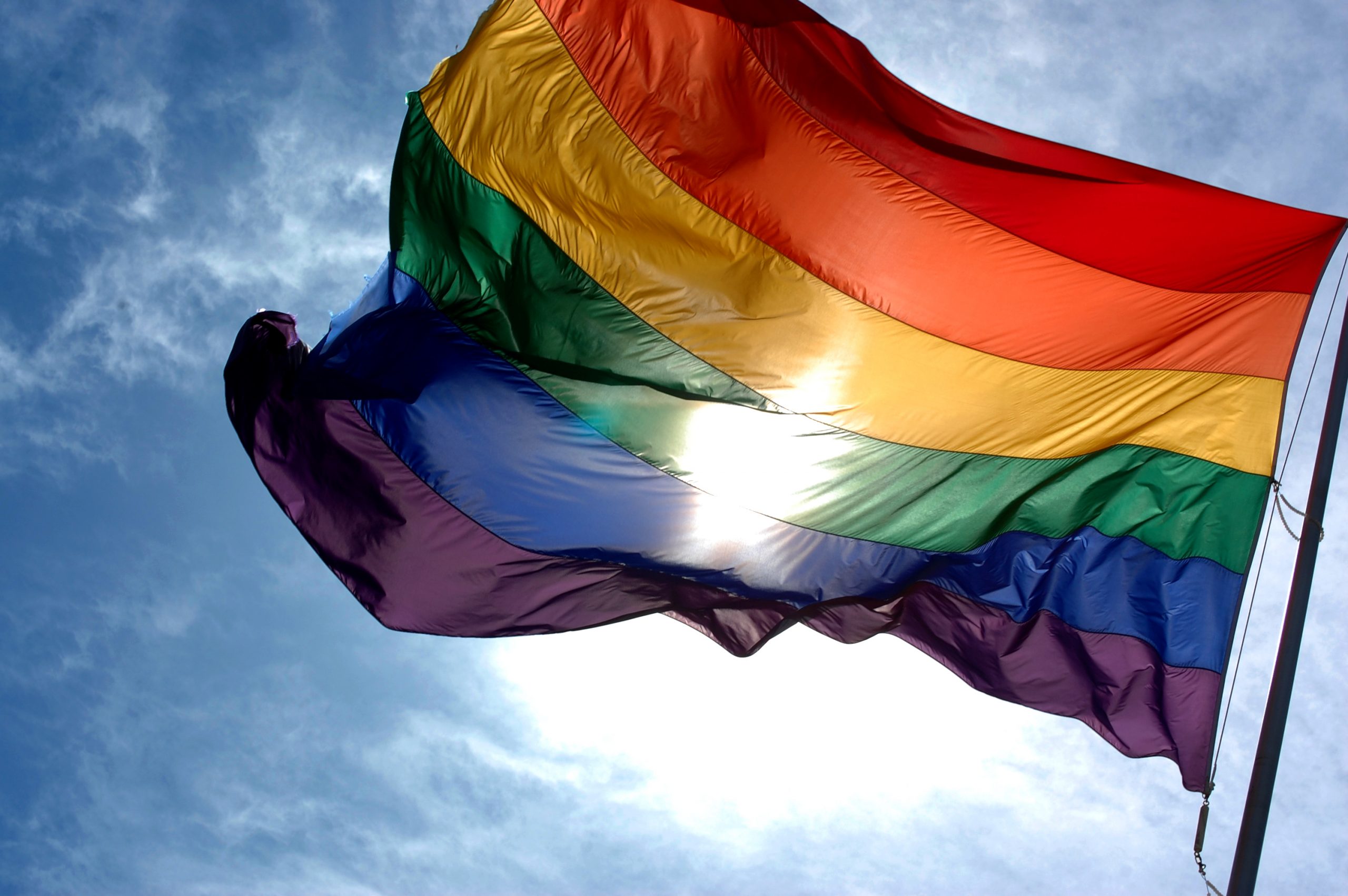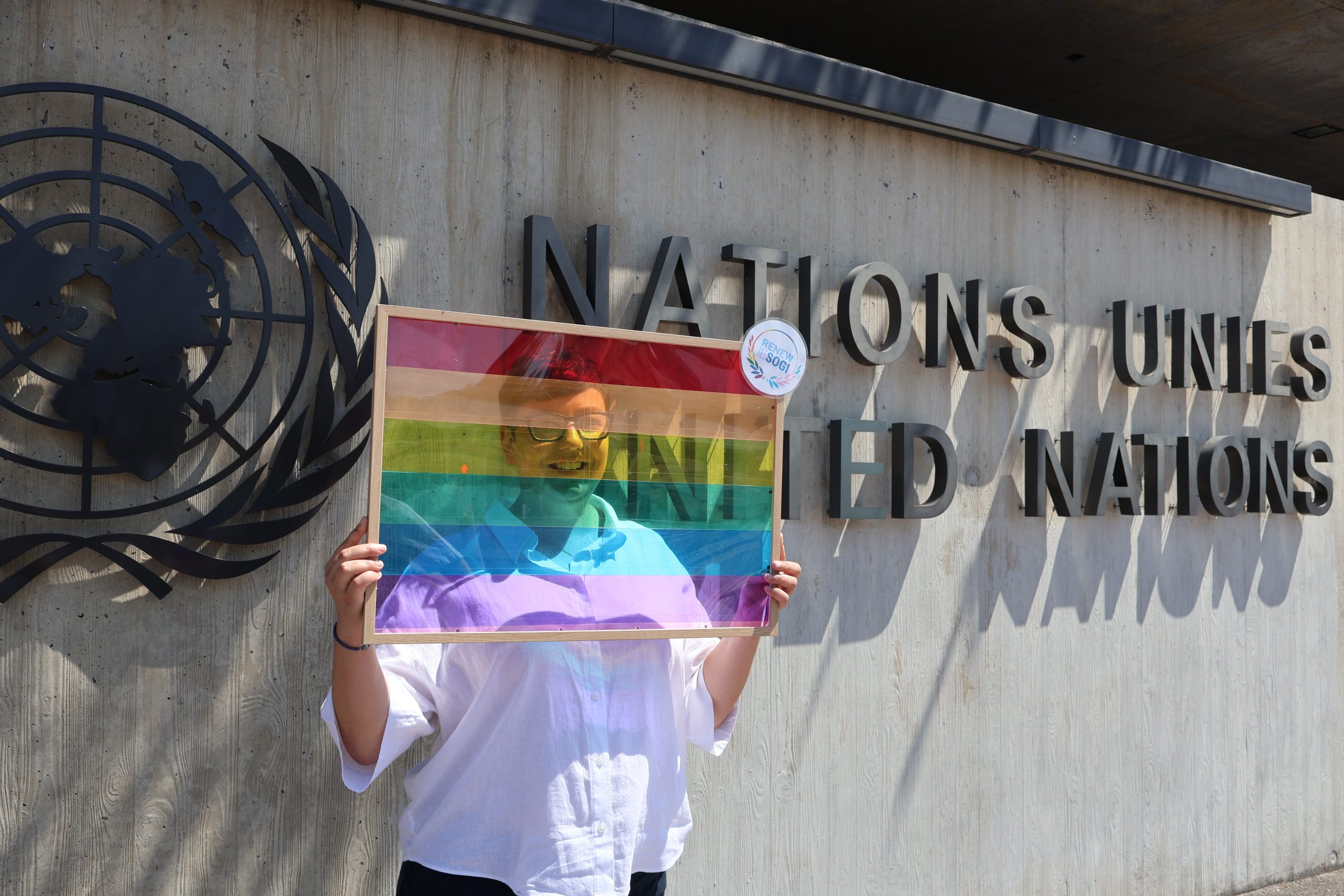LGBTI communities are excluded from the groups protected by Chinese national laws and regulations. This is not in line with protection provided by international law.
Would you like to learn more? Please check the insights from a Chinese lawyer:
- The protection of rights and interests of LGBT people in China
Chinese traditional culture has always resisted, conflicted and opposed LGBT groups, which can be seen from traditional concepts such as that ‘a man should get married on coming of age, and so should a girl’ and the duty to ‘carry on one’s ancestral line.’ That is, men and women, when they reach a certain age, should find someone of the opposite sex to marry and start a family in order to carry on the ancestral line. Moreover, in the Confucianist admonition of ‘Three Principles and Five Constants’, there is also the saying that ‘there are three things which are unfilial, and to have no posterity is the greatest of them.’ As for same-sex marriage, of course there will be no ‘direct’ offspring. Therefore, from the perspective of traditional Chinese culture, it is impossible for LGBT persons to have a place in the legal system of marriage and family.
Based on such a social and cultural basis, it is inevitable that the legitimate rights and interests of LGBT people will be violated.
First, the reputational rights of LGBT people are often violated.
The so-called ‘reputation’ is a kind of social assessment, a judgment of people on the moral character, competence, reputation, seniority, prestige and image of specific natural persons, legal persons and unincorporated organisations. Because their sexual orientation is different from that of those considered ordinary people, LGBT persons are regarded by many people as a moral decay, violating human ethics, undermining public order and good customs, leading people to think that same-sex behaviour is despicable and filthy. In China, people’s evaluation of LGBT persons has even reached the point of stigmatisation, that is, LGBT persons are considered bad people. As a result, LGBT persons are burdened with heavy moral pressure, they feel they can only bow down in front of the world and live a dark life. Such evaluation is directly related to the personal dignity and social status of LGBT people.
Second, the human dignity of LGBT people is not respected, due to the extremely low consideration by society.
If two LGBT persons dare to declare that they are LGBT people in public, they will attract the attention of bypassers; ’LBGT’ is even used as an insult. Southerners usually refer to LGBT people with contempt, full of disrespect for their dignity. In 2010, Shenzhen TV station was brought to court by LGBT people for broadcasting a piece of ‘news’” with the headline “LGBT persons are also prostitutes’ : this became the pinnacle of Chinese society’s extreme disrespect for the human dignity of LGBT people.
Lastly, LGBT people’s property is not protected.
After two LGBT persons get married, they live together and start a common family life. Yet, if one of them dies, the division of property they bought together is very unfavourable to LGBT people. That is, the common property between two LGBT persons cannot be mutually inherited, and their respective legal heirs will receive the inheritance of the deceased person according to the provisions of the Civil Code, instead of naturally transferring the other half to his partner who is still alive. If LGBT persons want to leave their property to each other after their death, they can only do it through ordinary gifts or bequests, but such gifts are also restricted by the Civil Code and must not ‘violate public order and good customs.’ Therefore, insecurity over property owned by LGBT people is a serious social problem.
In China’s social environment, these serious threats to their rights and interests is based on the lack of understanding and discrimination against LGBT people in traditional Chinese culture. This aspects of Chinese culture are fully reflected in relevant Chinese laws.
- Chinese law on same-sex marriage
Legal provisions are inseparable in the specific social environment, as they reflect social trends to various degrees. In this sense, Chinese laws reflect Chinese social and cultural trends: this is an inescapable reality for legislative work.
When the ‘Marriage Law’ of the People’s Republic of China was enacted in 1980, Article 2 stipulated: ‘A marriage system based on the free choice of partners, on monogamy between a husband and a wife, and on equality between men and women shall be applied.’ Although there is no explicit prohibition of same-sex marriage in the article, it has been interpreted that the law does not recognize same-sex marriage, because in the Chinese context it is understood that ‘one husband and one wife’ refers to one man and one woman. The next reference to ‘equality of men and women’ is a very obvious sign that the law only protects marital relations between men and women.
Subsequent articles provide additional elements:
- Article 5 stipulates that ‘marriage must be based upon the complete willingness of both the man and the woman. Neither party may use coercion on the other party, and no third party may interfere.”
- Article 8 stipulates that ‘both the man and the woman desiring to contract a marriage shall register in person with the marriage registration office.’
- Article 9 stipulates that ‘after a marriage has been registered, the woman may become a member of the man’s family or vice versa, depending on the agreed wishes of the two parties.’
These legal provisions all make explicit reference to ‘both men and women…’, which means that the two parties registered for marriage can only be male and female, that there is no male-male or female-female marriage.
In 2020, when the Civil Code of the People’s Republic of China was enacted, provisions from the ‘Marriage Law’ were transferred to the Civil Code.
Therefore, Article 1041 of the Civil Code stipulates that ‘a marriage system based on freedom of marriage, monogamy between a husband and a wife, and equality between men and women is implemented.’ Article 1049 further stipulates that ‘both the man and the woman intending to enter into a marriage shall file registration of the marriage in person with a marriage registration authority.’ and so on. The provisions of the current Civil Code are almost exactly the same as those of the previous Marriage Law.
In response to the concerns of many individuals at home and abroad on the attitude of Chinese laws towards same-sex marriage, the Legal Affairs Committee of the Standing Committee of the National People’s Congress responded to the issue of ‘legalisation of LGBT marriage’, which represents the basic view of Chinese law on same-sex marriage.
Under this ideological guidance provided by China’s legislative, the State Administration of Radio, Film and Television’s regulations on film censorship standards also listed ‘LGBT’ as one of the conditions for films that ‘should be deleted and revised.’ When this standard was just introduced, LGBT was in the list of films to be deleted. Later, likely due to strong criticism at home and abroad, ‘LGBT’ as a sensitive word was deleted from that list. However, in the actual review, the State Administration of Radio, Film and Television still equates LGBT with ‘obscene pornography and perverted behavior.’
- Comparative analysis of the conflict between Chinese law and international law
There is no direct provision in many international human rights laws, but in the provisions of many international human rights legal documents, it can still be interpreted that the international human rights law respects LGBT people.
The ‘freedom’ mentioned here certainly includes freedom of sexual orientation, that is, the freedom of everyone to choose one’s partner.
Of course, the ‘liberty and security’ referred to here cannot exclude free and secure LGBT relations, love and marriage.
Same-sex marriage should belong to an individual’s private life, which should be respected and not interfered arbitrarily, let alone attacked. The laws of a country should protect people’s private life.
Likewise, the International Covenant on Civil and Political Rights (ICCPR) and the International Covenant on Economic, Social and Cultural Rights (ICESCR) stipulate that citizens have the right to equality, the right to privacy, freedom of marriage, the right to work, freedom of labor, the right to freely choose an occupation, the right to equal employment opportunities, the right to enjoy appropriate working conditions and other rights. The ‘freedom of marriage’ referred to here does not, of course, exclude the freedom to marry a person from the same sex.
From this point of view, international human rights law holds an open, inclusive and respectful attitude towards same-sex marriage. Under the guidance of the spirit of international human rights law, many countries around the world have legally clarified the individual’s right to same-sex marriage. On 23 August, 1999, the World Association for Sexuality was held in Hong Kong, China. More than 30 countries and regions participated in the meeting. The meeting adopted the ‘Hong Kong Declaration on Sexual Rights’ and declared that ‘sex’ is an inseparable part of each person’s personality, sexual rights are basic and universal human rights, and stipulates 11 sexual rights such as the rights to sexual freedom, sexual autonomy, sexual integrity, sexual security, sexual privacy, sexual fairness, sexual pleasure, sexual expression, and free sexual union. The conference pushed the movement to legalise same-sex marriage worldwide. As of December 2021, 31 countries or regions around the world have legalised same-sex marriage.
In contrast, the road to legalisation of same-sex marriage in China still has a long way to go.
The author of this essay is a Chinese lawyer whose identity can not be revealed here for security reasons.




